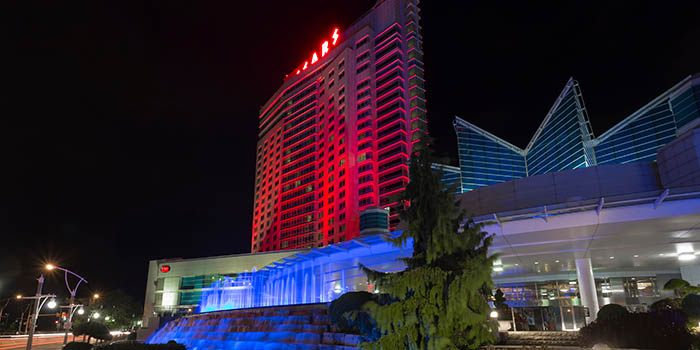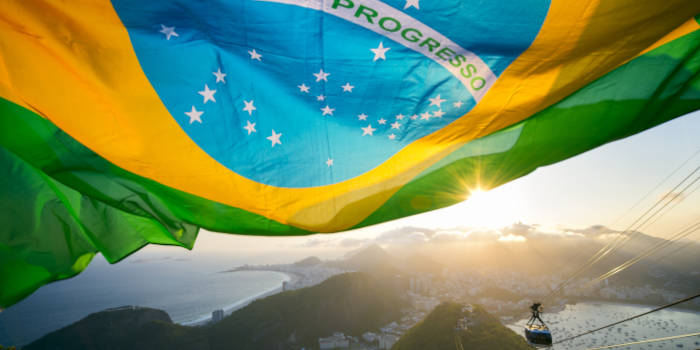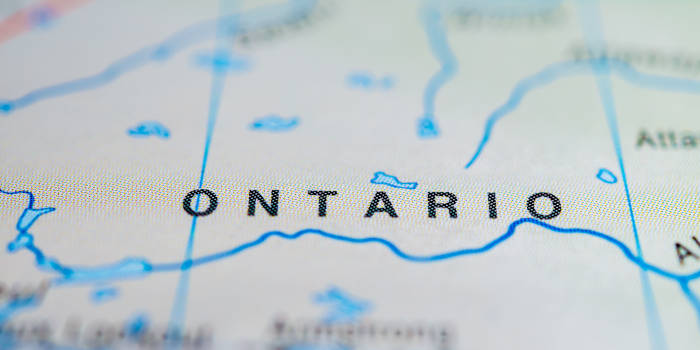Brazil Could Have Hundreds of Legal Gambling Websites If Legislation Passes

Brazil is getting closer to legalizing its gambling industry. A new review of current regulatory efforts presented by Deputy Felipe Carreras earlier this week outlines the possible framework for regulating sports betting, animal games, video bingo, casinos, and bingo.
According to the text submitted by Carreras, sports betting would be conducted in a “competitive environment,” but limited to one operator per one million inhabitants in a state or federal district. The new draft is an overhaul of the original PL 442/91 which is the main text used to argue the case for gambling in the country.
Brazilian Gambling Industry Begins to Shape Up
By this token, São Paulo would be able to have 46 online betting operators owing to its 46 million population. Minas Gerais would be available to host 21 sports betting sites and Rio de Janeiro could add 17 sports betting sites if the legalization effort goes through. If this text is passed, a total of 203 sports betting licenses could be handed down to operators in Brazil, making it one of the biggest markets in the world.
Operators looking to set up shop in the country or operate betting products would need to be incorporated under Brazilian law and base their headquarters in the country as well as have a capital of at least $19.5 million. Quarterly fees will have to be paid by licensees depending on the operation they carry out. A gambling inspection fee of $120,000 is set for each quarter.
Online Casinos and Animal Games
Other details have surfaced in the text as well. Based on Carreras’ version, online gambling and animal game operators will be limited to one license per one million inhabitants, similar to how sports betting would operate. The new text suggests that licenses are awarded for a period of 25 years instead of the previously proposed 20. Any online casinos or bingo halls will have to be certified by an independent.
The text similarly discusses integrated casino resorts. As per Carreras’ read, there would be only three integrated resorts in states that have more than 25 million inhabitants and two allowed in states with people between 15 and 25 million inhabitants. Licenses would be awarded based on tenders with the most worthwhile and lucrative projects awarded a license for the fixed term of 30 years.
Bingo will be far more spread, though, with bingo halls emerging at a rate of one for every 150,000 inhabitants. There may be up to 400 bingo machines in a single bingo house and a license would be awarded for a period of 20 years.
A lot remains to be seen as to how the proposed text would play out and whether more regulatory tweaks would be needed. The most likely answer is yes.
Although Fiona doesn't have a long-spanning background within the gambling industry, she is an incredibly skilled journalist who has built a strong interest in the constantly growing iGaming network. The team at GamblingNews.com is glad to have her on our roster to help deliver the best stories as soon as they hit. Aside from writing, she loves to dabble in online casino games such as slots and roulette, both for her own enjoyment and also as research to better improve her understanding of the industry.














